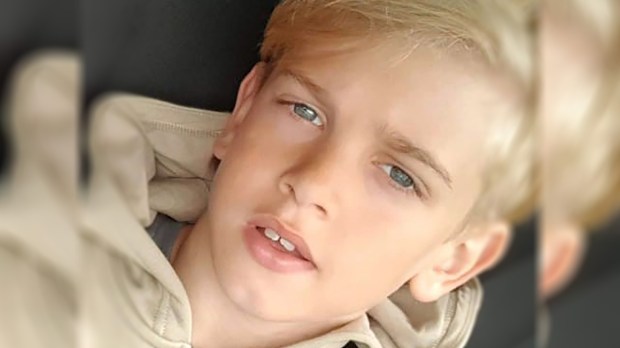Lenten Campaign 2025
This content is free of charge, as are all our articles.
Support us with a donation that is tax-deductible and enable us to continue to reach millions of readers.
The case of Archie Battersbee, a 12-year-old English boy whose parents have been fighting to keep him on life-support, may have come to an end. In appeal, a judge has ruled that his life-support should be removed, in agreement with doctors from the Royal London Hospital. The case has spurred debates on bioethics practices in the UK.
Archie
Archie Battersbee was discovered hanging from a ligature around his neck on April 7, 2022. The boy was rushed to the hospital where he was diagnosed as “brain stem dead.” It was determined that Archie had participated in an internet “challenge” called “blackout,” which encourages people to choke themselves to the point of passing out.
After his diagnosis, the hospital wanted to remove Archie’s life-support, which led his parents, Hollie Dance and Paul Battersbee, to take the case to court. Aleteia previously reported that the initial case was a loss for the family, with a judge ruling in agreement with the diagnosis. Within the week Dance filed for an appeal, which was granted.
Appeal
Now, after several weeks of arguing the case again, the appeals judge has ruled that it is in Archie’s best interest to remove his life support. The court deemed that improvements to Archie’s condition are “not possible,” and that he has “no hope of recovery.”
According to BBC, as Ms. Dance left the appeal, she called the decision a “crushing blow.” She said:
“The planned removal of the ventilator is definitely the worst thing that may happen from my point of view. I cannot see how this is in any way dignified.” She added, “We disagree with the idea of dignity in death. Enforcing it on us and hastening his death for that purpose is profoundly cruel.”
Dance has stated that she intends to appeal the latest ruling by the High Court. She said that the family disagrees with “the idea of dignity in death,” and that “Archie would want us to keep on fighting.”
Bioethics
The case, the first of its kind in England, is raising moral and medical questions about when a patient should be considered deceased, and bioethicist experts are leading the charge. The Anscombe Bioethics Centre, an institute serving the Catholic Church in the U.K. and Ireland, released a statement on its website:
“It seems extraordinary that questions of life and death should be matters of a balance of probability rather than determination beyond reasonable doubt.” The Centre continued, “The Catholic Church requires moral certainty of death – certainty beyond reasonable doubt – before unpaired vital organs can be taken from a body.”

